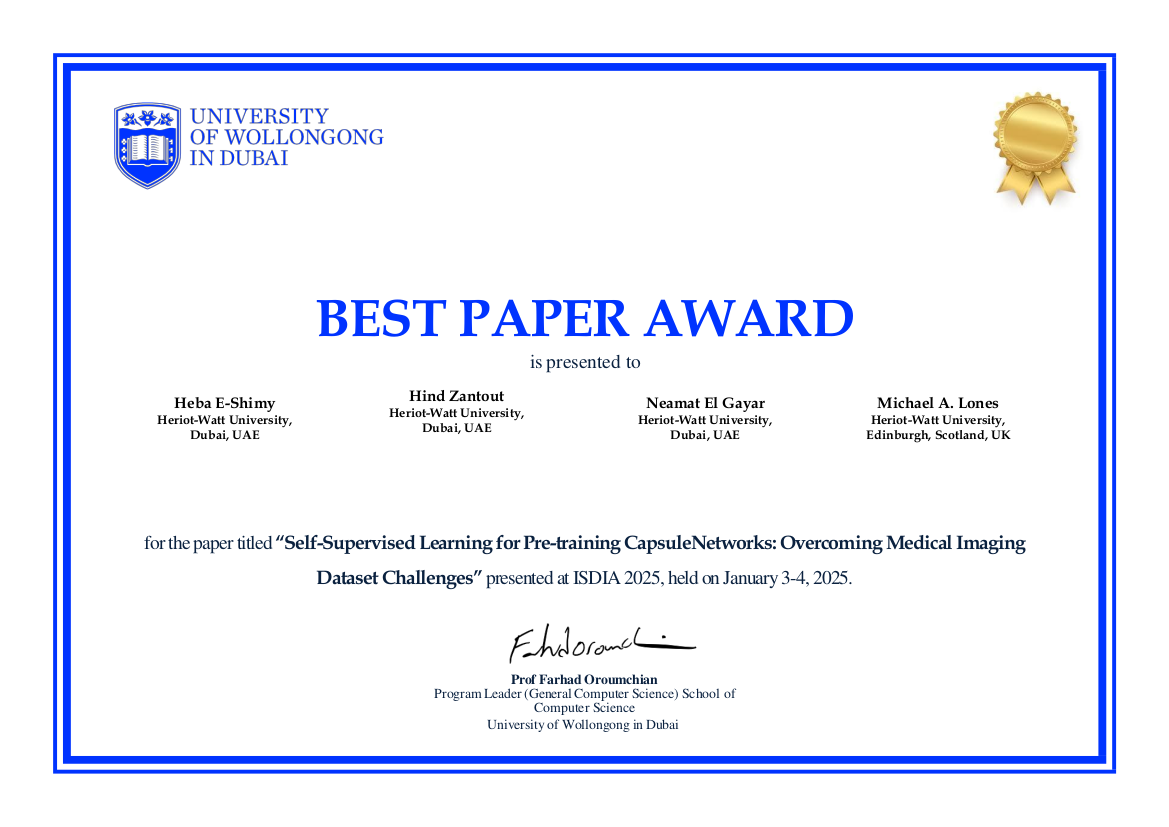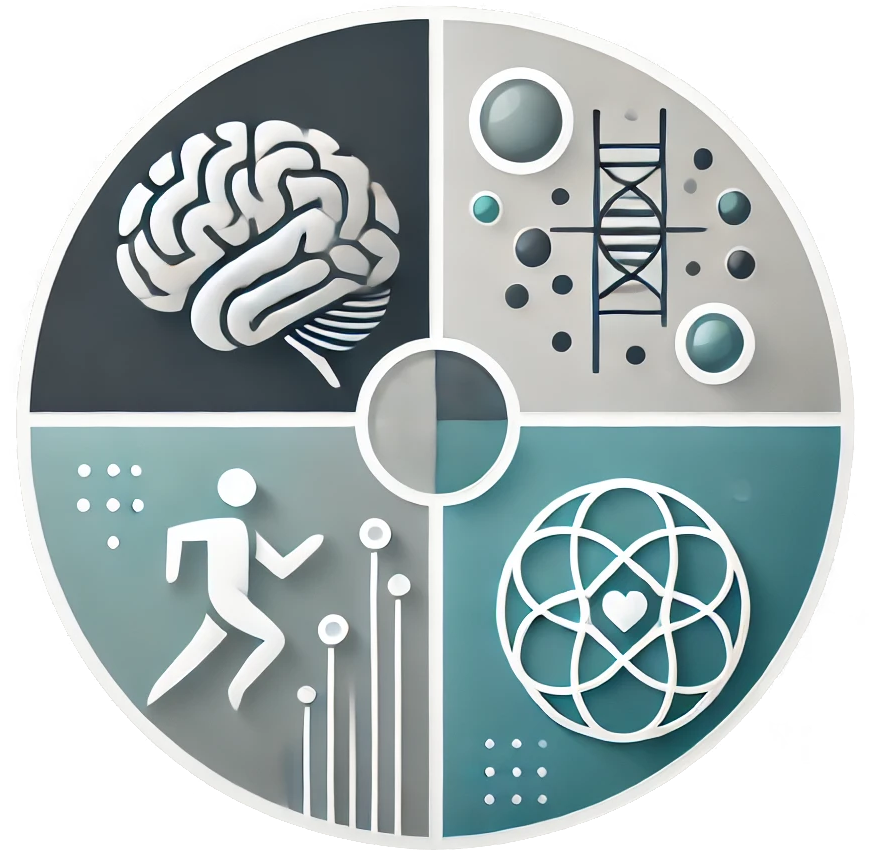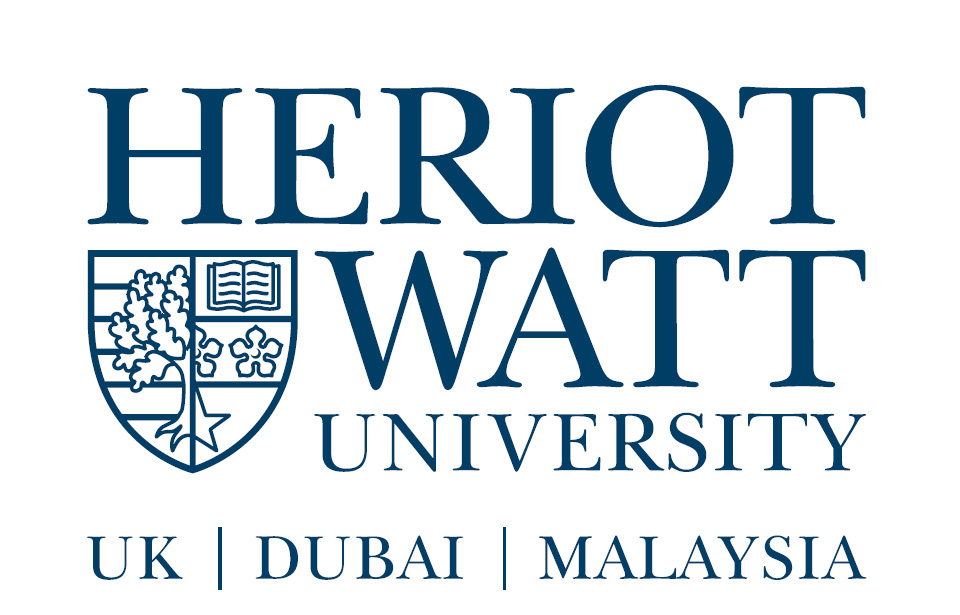News Archive
💡 Poster Presentations at HWU Innovation Conference
Two of our PhD students, Tess Watt and Sheena Shabana, presented their research at the Health & Care Technologies Early Career Researchers Innovation Conference hosted at Heriot-Watt University.
Tess Watt showcased her work on applying tinyML and computer vision for the diagnosis of skin lesions in remote areas — a project aiming to make dermatological care more accessible globally.
Sheena Shabana presented her research on robotic needle insertion systems for autonomous injections, advancing safety and precision in medical procedures through robotic automation.
We’re proud to see our researchers sharing impactful, forward-thinking work at such an inspiring event. 👏
Published: March 2025
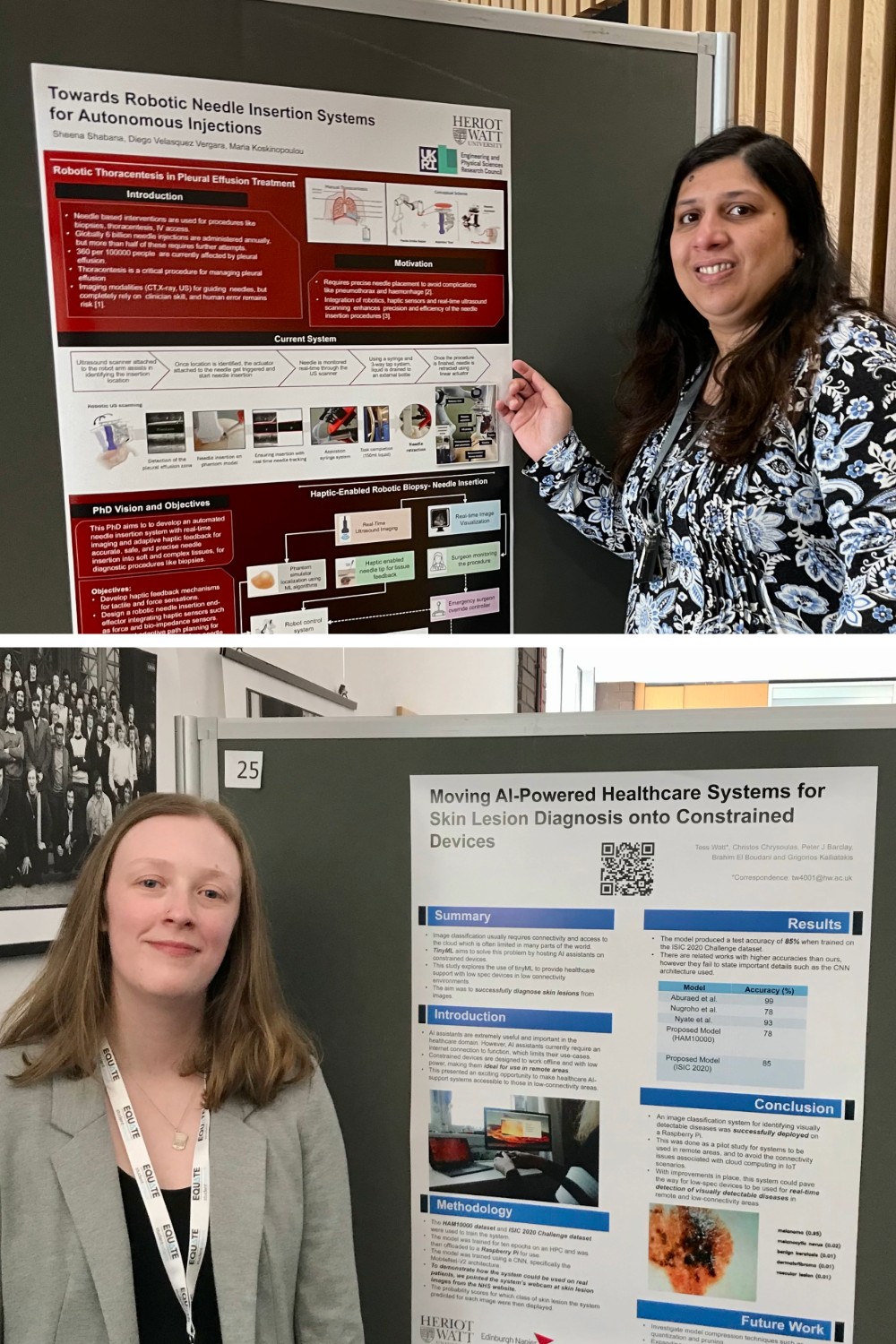
🧠 UK Young Academy Gathering at The Royal Society
We’re proud to share that Dr Alistair McConnell recently attended the UK Young Academy All Members Meeting, held on 24th–25th March at The Royal Society HQ in London.
This inspiring event brought together brilliant minds from across the UK to reflect on past achievements, shape future initiatives, and foster interdisciplinary collaboration. It was an energising space to exchange ideas, build new connections, and explore emerging projects across science, technology, and the arts.
Congratulations to Dr McConnell and the UK Young Academy community for such a forward-thinking meeting!
Published: March 2025
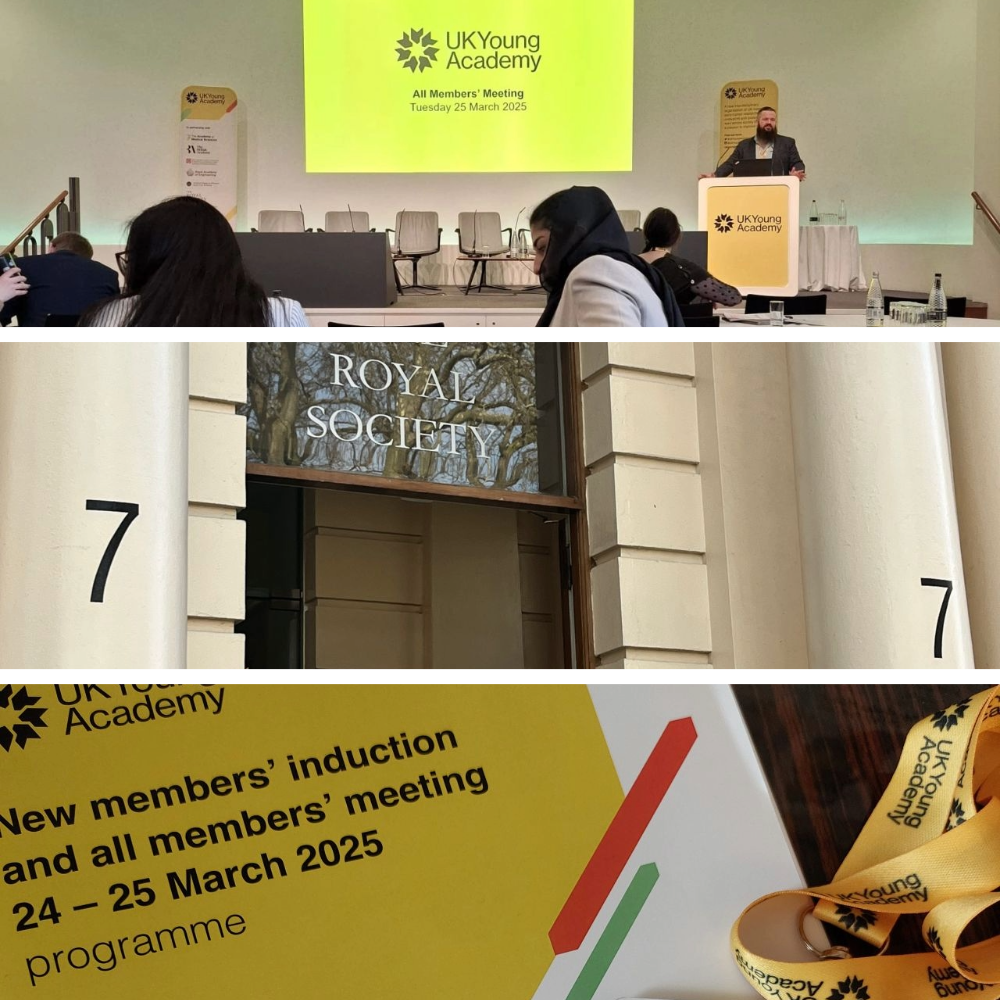
🥂 ML-Health at Scotland's Life Sciences Conference & Awards 2025
Members of the ML-Health Research Group attended the prestigious Scotland's Life Sciences Conference & Awards held on 13th March 2025.
Representing ML-Health were Dr Marta Vallejo and Dr Alistair McConnell, accompanied by Michelle Beukes and Emma Perfect, both Business Development Managers (Health and Care) at Heriot-Watt University.
The event, regarded as the preeminent occasion in the UK life sciences calendar, marked its 25th anniversary this year. Alongside the celebrated Awards and Dinner, the event introduced an exciting new conference segment, providing a platform to showcase innovations and leading contributors to Scotland’s vibrant life sciences industry.
It was a fantastic opportunity for networking and exploring new collaborations at the interface of life sciences, technology, and healthcare.
Published: March 2025
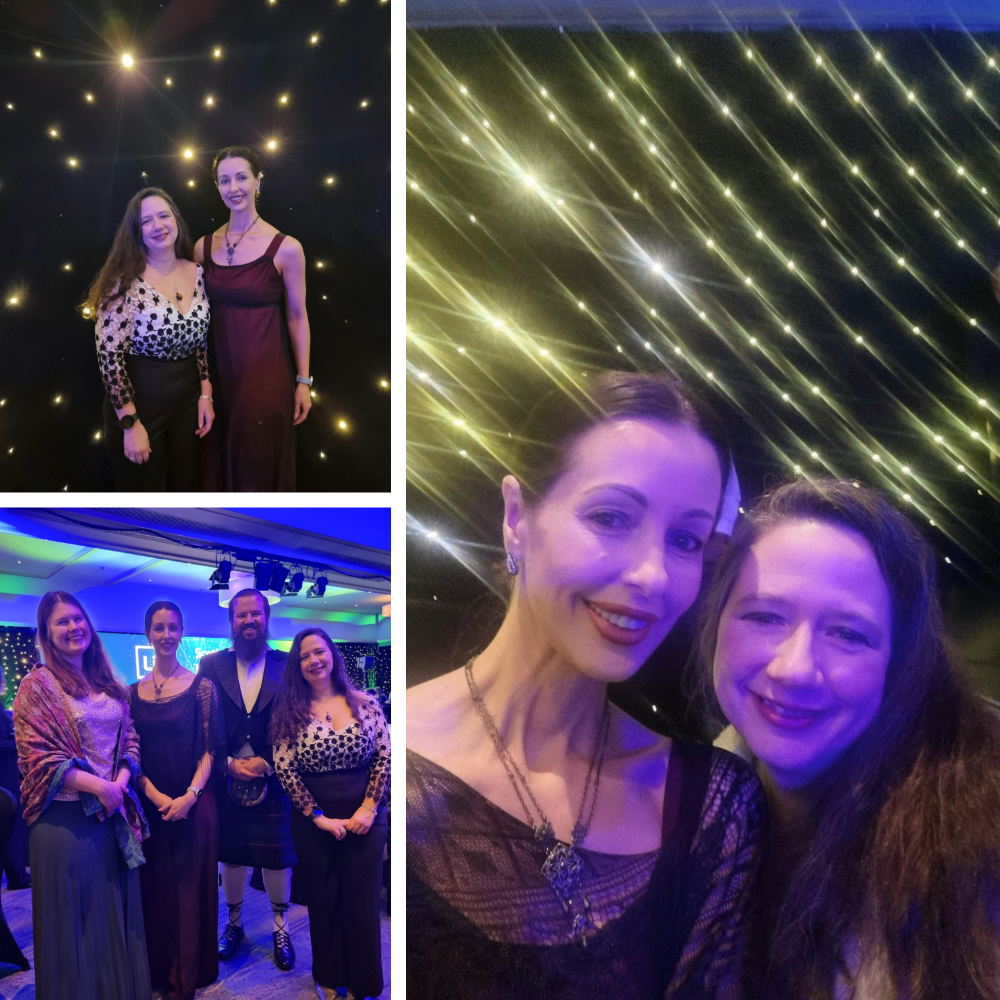
🔬 ML-Health at the CORE Event
As part of our ML-Health activities, we attended the CORE event, an informative and motivating gathering organised by MND Scotland and My Name'5 Doddie Foundation.
The event took place on 3rd March 2025 at Dynamic Earth in Edinburgh, bringing together researchers and individuals with lived experience of Motor Neurone Disease (MND).
It was an inspiring day filled with interactive sessions, insightful talks, and opportunities to connect. Engaging discussions sparked new ideas, reinforcing our shared commitment to shaping the future of MND research.
Learn more about MND Scotland ⟶
Published: March 2025
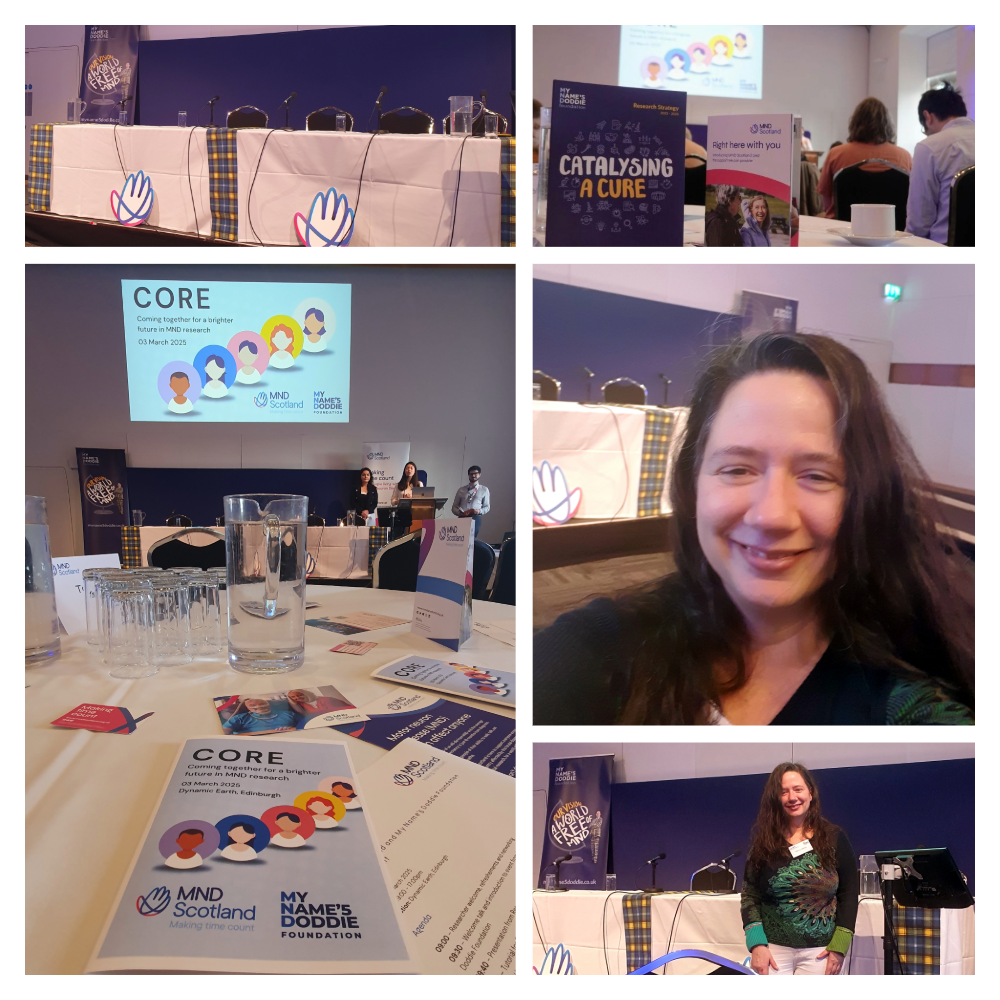
📢 New Publication in Nature Scientific Reports
We are pleased to announce that Dr Marta Vallejo, in collaboration with our clinical partner Prof Jenna Gregory (University of Aberdeen), has recently published a new paper in Nature Scientific Reports.
The study explores advanced machine learning techniques for the identification of biomarkers in Amyotrophic Lateral Sclerosis (ALS), providing insights into neurodegeneration and its clinical implications.
Published: March 2025
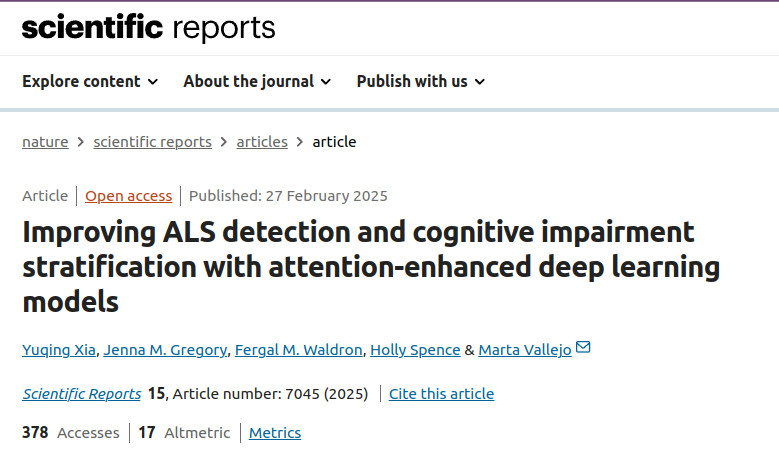
🏢 Visit from CPI at The Global Research Institute in Health and Care Technologies
We were delighted to welcome representatives from CPI to The Global Research Institute in Health and Care Technologies. This visit provided a fantastic opportunity to discuss collaborative efforts in advancing healthcare technologies.
Dr Marta Vallejo and Dr Chengjia Wang presented our latest research on Artificial Intelligence and Cancer, highlighting innovative applications of AI in medical imaging and diagnosis.
We look forward to future collaborations with CPI to drive impactful healthcare innovations!
Published: February 2025
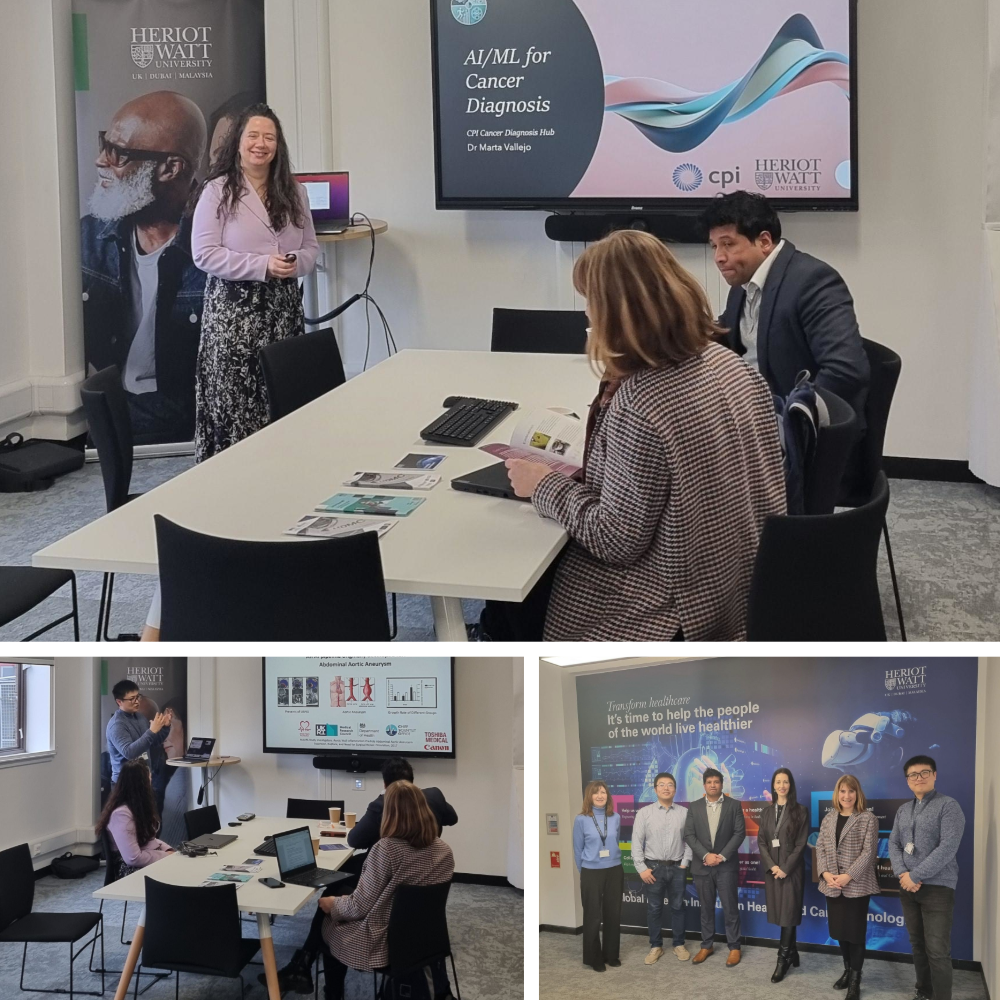
🎤 Invited Talk at RCPE 'Professionalism in Medicine'
We are pleased to share that Prof Michael Lones has been invited to give a talk at the upcoming 'Professionalism in Medicine' event on the 4th of March, organised by the RCPE Recently Appointed Consultants' Committee.
The event will focus on the role of Artificial Intelligence in Healthcare, highlighting its transformative potential and challenges in clinical practice.
More information about the event and how to register in here.
Published: February 2025
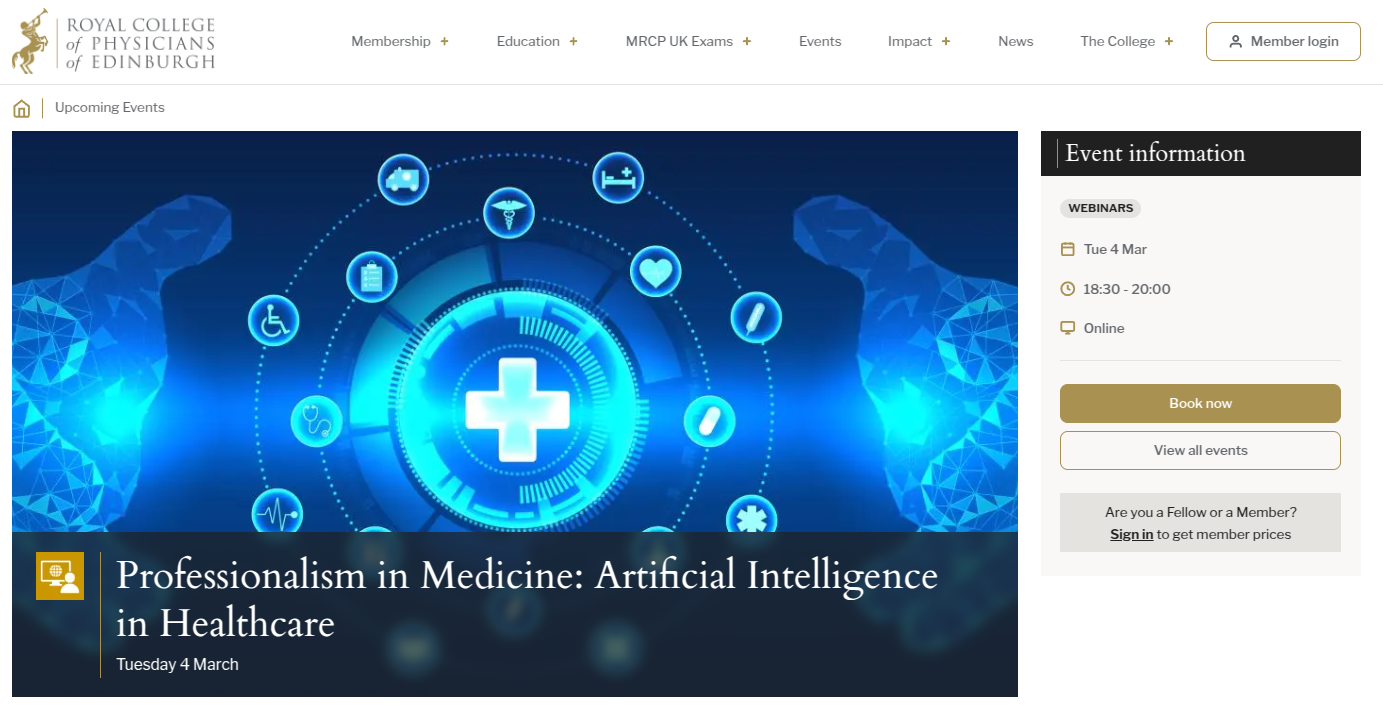
👩💻 ML-Health supported the Women@CS Hackathon
The ML-Health Research Group proudly supported the Women@CS Hackathon, a 24-hour event held on 8th-9th February at Heriot-Watt University’s National Robotarium.
Women@CS hosted this dynamic 24-hour hackathon, offering students an exciting opportunity to collaborate, innovate, and tackle real-world sustainability challenges aligned with Diageo’s Spirit of Progress 2030 initiative. Generously sponsored by Diageo, the event challenged participants to analyse a dataset inspired by real production and environmental metrics. Teams explored how energy is sourced and consumed across distilleries, brewing facilities, and offices worldwide. Working through the night, they developed data-driven solutions to enhance energy efficiency and integrate renewable sources, driving impactful change.
Published: February 2025
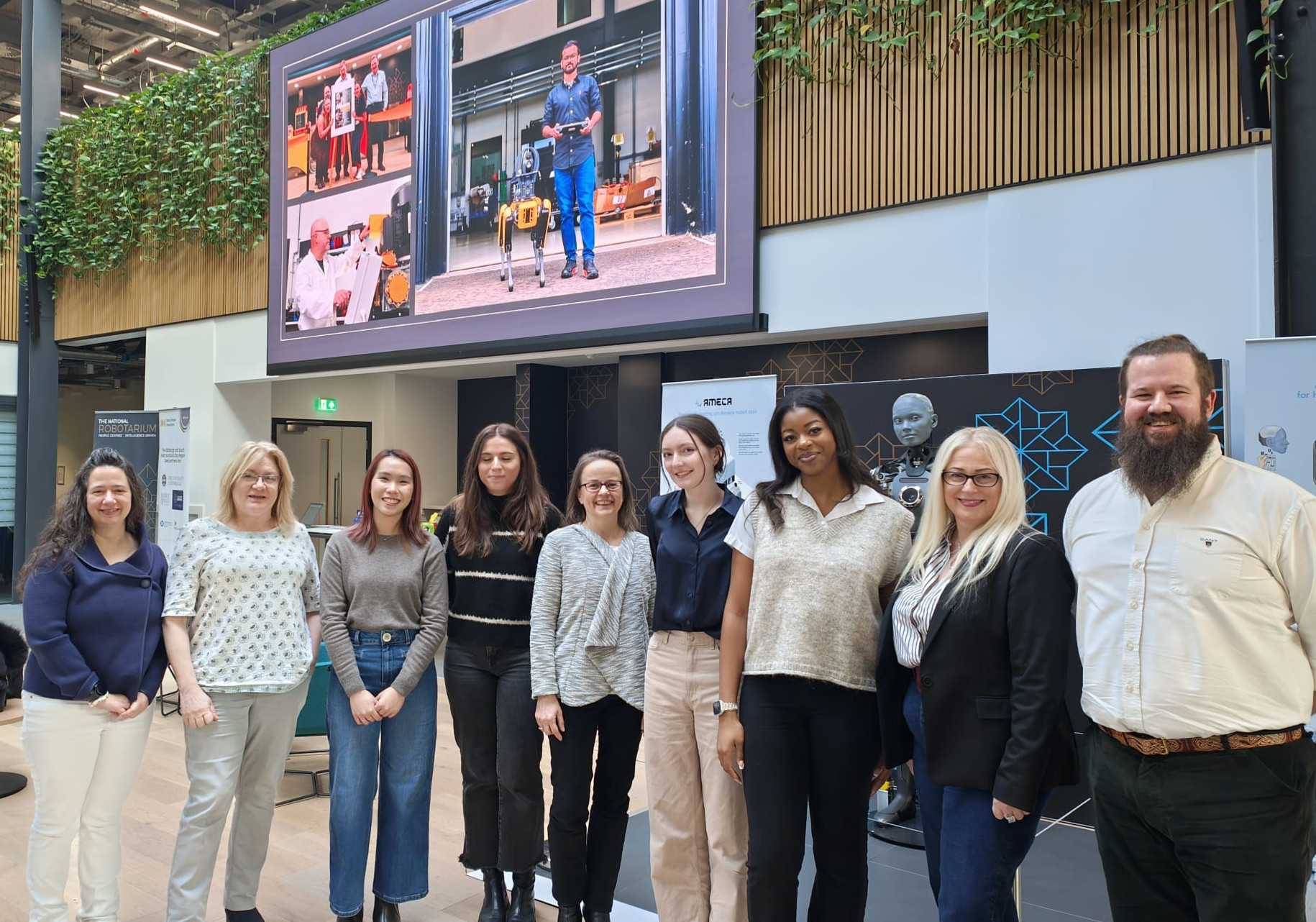
🎖️ Runner-Up at IEEE UK & Ireland RAS Chapter Conference 2025
We are thrilled to share that Sheena Shabana, a PhD student from the ML-Health Research Group, was awarded Runner-Up in the Poster Presentation Competition at the IEEE UK & Ireland RAS Chapter Conference (RAS 2025), held last week in Belfast!
Her poster showcased our project, "Ultrasound-guided Robotic Thoracentesis in Pleural Effusion Treatment", where we explored the integration of the Franka Emika Robot and Sonon Ultrasound Scanner to enhance the safety and efficiency of medical procedures.
Published: February 2025
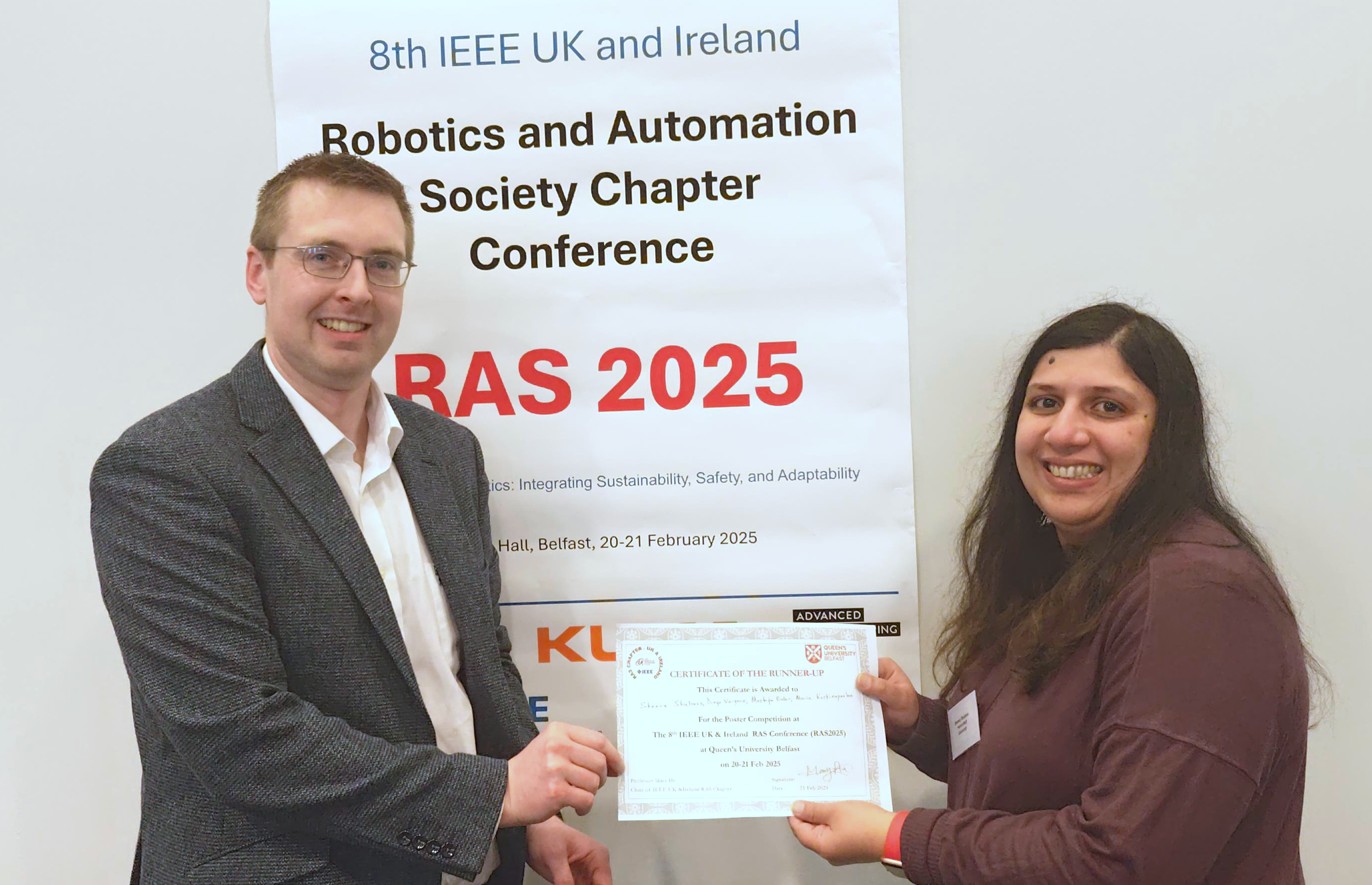
Best Paper Award at ISDIA 2025
We are delighted to announce that our paper, Self-Supervised Learning for Pre-training Capsule Networks: Overcoming Medical Imaging Dataset Challenges, led by Ms Heba Elshimy, has been awarded the Best Paper Award at ISDIA 2025 , held at the University of Wollongong in Dubai (UOWD) on January 3-4, 2025.
Abstract: Deep learning in medical imaging faces a critical challenge: the scarcity of large, high-quality annotated datasets. While pre-training on extensive datasets is a common solution, it demands substantial computational resources that aren't always available to researchers. Our work demonstrates how to overcome these limitations by improving Capsule Networks (CapsNet)—an innovative but under-utilised architecture—for polyp classification using limited, imbalanced data.
We developed a novel approach using self-supervised learning (SSL), where CapsNet creates its own training signals through tasks like image colourisation, contrastive learning, and in-painting. This method achieved improved performance on downstream tasks, increasing the classification accuracy by 5.26% compared to other weight initialisation methods. This work opens new paths for deep learning in the medical imaging field, particularly when working with challenging datasets.
Published: January 2025
